Buddhist Logic and Epistemology: Studies in the Buddhist Analysis of Inference and Language
The history of Buddhist logical and epistemological theories constitutes an interesting study for Buddhist religious scholars and philosophers.
This volume contains scholarly essays, presented at a seminar, that make an in-depth study of Buddhist logical theory in the background of Buddhist epistemology. Scholars from different parts of the world combine historical and philological scholarship with philosophical acumen and linguistic insight to examine the issues relating to problems of inductive logic and the problem of meaning and the universals. They also address the crucial question regarding the relevance of logical theory to Buddhism, especially to the philosophical soteriology such as Madhyamika. Using both Tibetan and Sanskrit texts to delve deep into the logical issues and philosophical questions, they focus attention on two crucial philosophical concepts: trairupya or the triple character of evidence, and apoha — its meaning as “exclusion”. They examine the contributions of Buddhist scholars of yore in this regard, such as that of the Buddhist master Dinnaga and his general theory of inference, and in particular, his Hetucakradamaru, a study of propositions; Dharmakirti, particularly his theory of inference and definition of “points of defeat”; besides Shantarakshita and Ratnakirti.
The volume, offering original perspectives based on detailed study of ancient texts and their interpretations, will prove an informative source for scholars of Indology, particularly those involved in Buddhist religion and philosophy.
Get it now and save 10%
BECOME A MEMBER

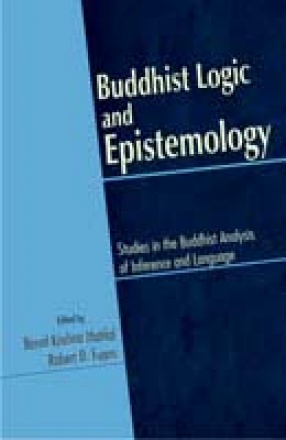
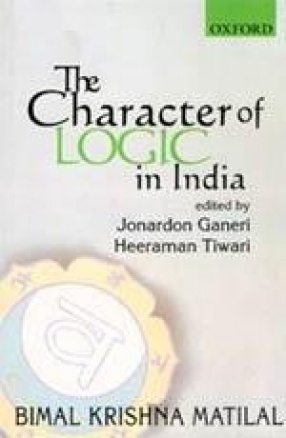
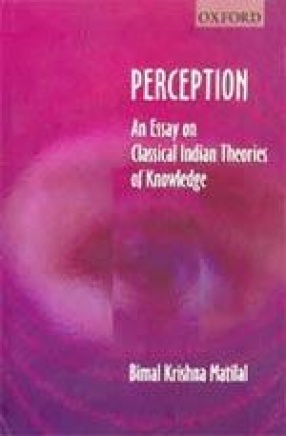
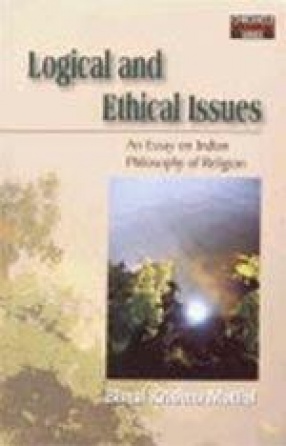


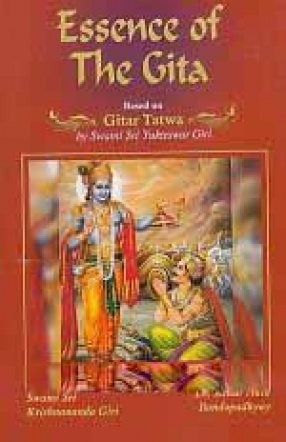
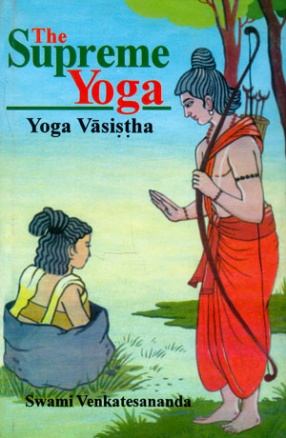

Bibliographic information
Robert D Evans